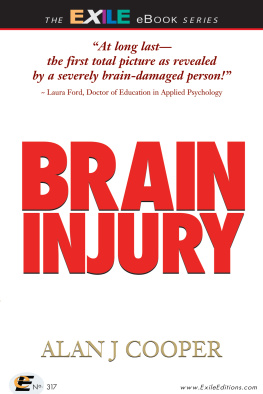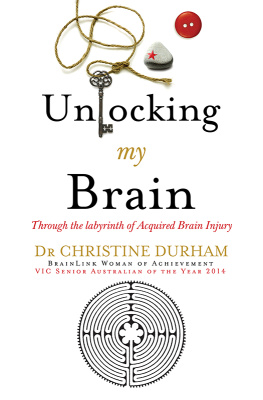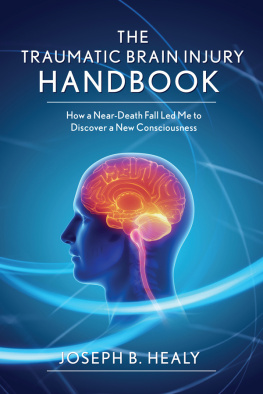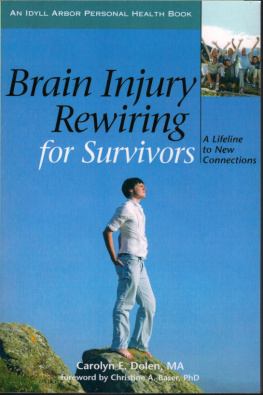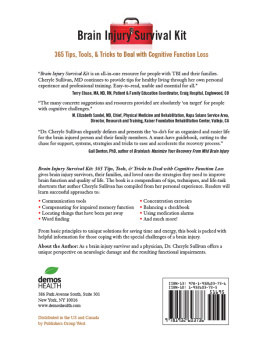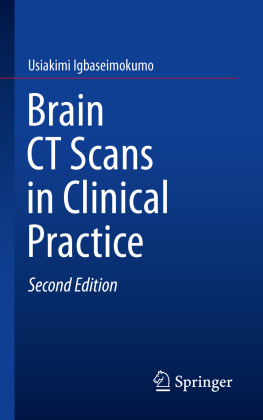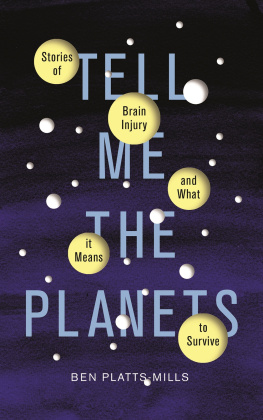The foreword to this book has been prepared by Douglas Henderson Hopp, DVM, DipCompMed, CD, MMW.
Dr. Hopp is a consultant in experimental medicine and surgery, a former research animal clinician in several schools of medicine and teaching hospitals in the United States and Canada, including the Johns Hopkins University School of Medicine, Toronto Western Hospital, the Addiction Research Foundation of Ontario, Mount Sinai Hospital and the Hospital for Sick Children in Toronto, the University of Ottawa, Washington University in Saint Louis School of Medicine, Saint Lukes Hospital in Chesterfield, Missouri, and Saint Michaels Hospital in Toronto. He was clinical coordinator with regional burn centers throughout the U.S. Midwest for the Tissue Research Laboratory in Maryland Heights, Missouri and currently is coordinating an extensive publication project on the subject of BioTransmission, linking the fields of evolutionary biology, neurobiology, genetics, sexology, anatomy, and behavioral psychophysiology with other disciplines. He completed his post-doctoral fellowship in Comparative Medicine at the Johns Hopkins University School of Medicine in Baltimore, Maryland, in 1980, as a Fellow of the Ministry of Health of the Province of Ontario. Dr. Hopp was a doctoral candidate in neurobiology at Purdue University, is a collaborator and co-author in work being conducted at the University of Arizona, and has lectured at Arizona State University. At present he divides his time between Toronto, Saint Louis and Tucson.
FRIDAY, APRIL 26, 2002
My student teacher year is almost complete and I have an A average. I am being told by an adjudicating committee that I have failed.
The committee has gathered in the school office of Principal King, a senior woman whose face radiates the wisdom and kindness of an old bloodhound. She will be the deliverer of my failure message and is sitting ceremoniously behind her desk. Seated silently facing her and several seats around a curve of chairs directed toward the front of her desk, is my university supervisor Katy Bard. As Ms. King utters the last word of her one long sentence, supervisor Bard hands me back without eye contact, my copy of Harold Mindens Two Hugs for Survival. Bards boss is there too, the one who has already told students, You will all pass, you will all get jobs. Now she begins to talk about what a crush this meeting must be for me, having put my heart and soul into the entire school year. Bards boss is offering me psychological counseling back at the University of Toronto and softly adds that help is waiting there for me.
Though much of the meeting moves along as if it has been meticulously stage-created, the producer/director/choreographer has yet to utter a decipherable sound.
I then pose an unanticipated question, May I have it in writing, Ms. King?
The principal seems momentarily at a loss but the producer-mastermind Ms. Coy, who is director of practice teaching, eases in with an answer representative of her agility with the use and abuse of words. She finishes with, Its over.
I am finished in minutes and though it is still lunchtime, I am out of the school and none of my students has seen me leave. I am in shock but not surprise. My associate teacher has been openly happy with me as have the children, and I have shared with Ms. Bard my confidence that this is a school in which I would very much like to teach. But I have had over 20 years of such sudden firings, failures and dismissals, and each time when I have heard the words anew, I have turned increasingly mute.
I bus home that Friday, unaware of the shield that my brain has created around itself. Noise is brushing by. My mind is shooting through the past 5 days of practice teaching and how frantic they must have been for the firings mastermind. Only the Friday before had I been forced to slip my letter of protest under her office door, her having left early. More likely than not, she would have thought she had closed the door on her personal compromise, and by the Monday following, I would already be practice teaching.
The producer-mastermind, Ms. Coy, had offered me the makeup Practicum only 2 days before my entering it, thus making a mockery of my intended appeal. She had advised me at the time that if I wanted to appeal the sham of 2 months earlier, I would not be able to enter the make-up practice teaching on Monday. For over 6 weeks I had been requesting from Ms. Coy, the colleges position from which to appeal. In the end, Coy had finagled me into a trap in which I could not appeal and still graduate in June. Legally, she had pulled off a masterful stroke.
My letter of protest to Coy had made it clear I was not appealing my case but had made mention that supervisor Katy Bard had given me no warning of changing her reference on me. Bard had changed it from a promised excellent to an outright refusal to give one, after having heard Coys overview of my failing 2 months earlier.
At the time, a substitute supervisor under Coy had directed my in-class teacher to change her assessment on me from pass to fail. The substitute had done so only 20 minutes before the end of the term, without so much as witnessing my practice teaching that week. Within days of that interim failing and despite my being earlier told by a Toronto School Board interviewer that the TSB was eager for me to become a teacher within it, I had received from them a 2-sentence not-interested letter. As for Ms. Bards changed reference, she had been alerted by her boss about Bards not forewarning me of a reference change. I had later heard from Ms. Bard the saying that I have been given so oftento put the issue behind me and concentrate on the future.
I have worked 100 hours per week for 8 straight months since September. My papers and class work have been regarded as outstandingbut one issue that has loomed across every hour for the past 20 years and 4 monthsis center again. Despite my A average, Toronto Teachers College is determined not to allow me to teach. Its eventual, written response will detail a litany of behavioral patterns that betray my severe and permanent brain damage.
Mid-Friday afternoon, I reach home and am beyond exhaustion. I collapse into an heirloom chair in my little living room and ponder what to do next. There is always suicide, as I have contemplated so many times before, but suicide seems so much overdone as is true of its prime motivator, the need to punish. I look at the air and the walls, and wonder what, if anything, I will ever do again. Nothing seems left, not even pain. Where anger and indignation once boiled, there is not even despair. It is as if I have been in prison for many years and face nothing but prison yet to come, with all its new pains and injustices for a sentence that was never mine.
I move from chair to toilet to tap water and this ritual goes on for hours. I feel like a drowned towel and the thought of going to sleep is one I cannot endure. I keep looking at nothing, biding my prison time and awaiting some clue as to the reason for my being.
Around hour 4, I find my mind turning, as it has done so many times over the past 20 years, to writing. I search for paper, for a place to start. Though my home is ultra-organized to aid in using my battered brain, the sheer number of coded files, cabinets, drawers and briefcases feels overwhelming. As has happened so many times before, my right brain has begun to signal for something the left side cant find.
I descend the steep steps into the cellar and in the abandoned dank of a former coal storage room, start to probe through old papers from my Master of Education. My personality knows one brain side is deranged and the other driving, and I feel I have no choice but to follow my right brains signal while the left side plods on. I come across a piece I wrote for my 2 sons school, and at some point I must have considered it important enough to have slotted it later into a massive binder of formal learning. The piece is an opinion paper, based not so much on formal learning as on my gut feeling at the time from watching, playing and working for 2 years as prime caregiver with my sons, James and Robert. The handwritten piece talks of child development and how critical it is for childrens physical development to precede their intellectual development, and spiritual development to precede the physical. I warn that spiritual development is not religious development but is to me the opposite.
Next page
